Eyesight health and sleep
The link between eyesight and sleeping patterns is becoming increasingly apparent, with many studies focusing on the effects of a good night’s sleep on our eyesight. If you’re having problems with your eyesight, it might be time to take a look at your sleeping habits and how you can adjust them.
In this guide, we have put together some tips and tricks to create healthy sleeping habits, which in return could help to reduce your risk of eyesight problems. Read on to discover how sleep can help you maintain your eyesight.
Remove contact lenses and makeup before bed
As tempting as it can be sometimes, you should always remove your contact lenses before bed. Even when your bed is calling after a long day at work, don’t forget to remove your lenses. Failure to remove your contact lenses increases your risk of infection. It could also prevent oxygen from coming into contact with your eyes, resulting in red and dry eyes.
Sleeping with any eye makeup on is also potentially harmful to your eyesight. Forgetting to remove mascara, eyeliner or eyeshadow could leave you sporting irritated, red and watery eyes the next morning.
Getting the right amount of sleep is important
Sleep deprivation can take a hefty toll on your eyes. Your eyes need at least five hours of sleep to recover for the next day, but it is recommended that adults get between 7 and 9 hours sleep each night for your whole body to benefit.
Lack of sleep can also lead to other health problems such as high blood pressure, which helps to further stress the importance of a quality night’s sleep. A regular bedtime routine can really do wonders for your eyesight and your overall health.
Improve your sleep quality
It’s not just about the amount of sleep you get, the quality of sleep is also important to your eyesight. The secret to maintaining your vision going forward could be getting a better night’s sleep. There are many ways in which you can improve the quality of your sleep:
- Avoid caffeine before bed. As we all know, caffeine is a stimulant that keeps us awake, so it’s best to avoid anything containing caffeine, such as coffee or tea, at least 4 hours before bedtime.
- Turn off your phone, TV and laptop at least an hour before bed. Our bodies rely on light to tell us when to wake up, and blue lights from such devices can throw off your sleep cycle. This is easier said than done, but turning to a good book instead of social media could really help your sleep – and your eyesight.
- Try to go to sleep at the same time every night. This will help your body’s internal clock work much more effectively.
- Exercise regularly – just not before bed. Exercising regularly has endless benefits on the quality of your sleep, just be sure to complete your workout at least three hours before bedtime. This will make it much easier to drift off and get a good night’s sleep.
We often recognise that sleep is important to many aspects of our health, and your eyesight should be no different. If you can take on just some of the above advice, you’ll be able to improve the quality of your sleep and ultimately prevent eyesight problems that could arise.
Are you experiencing problems with your eyesight?
If you are having problems with your eyesight, it is recommended that you see an optician to get your eyes tested. Putting off an eye test could result in increased vision problems further down the line.
If you’ve recently discovered that you need glasses and are searching for the perfect pair, take a look at our stylish range of women’s glasses and men’s glasses. All of our glasses include both anti-glare and anti-scratch coatings as standard, meaning your eyes and glasses are fully protected.
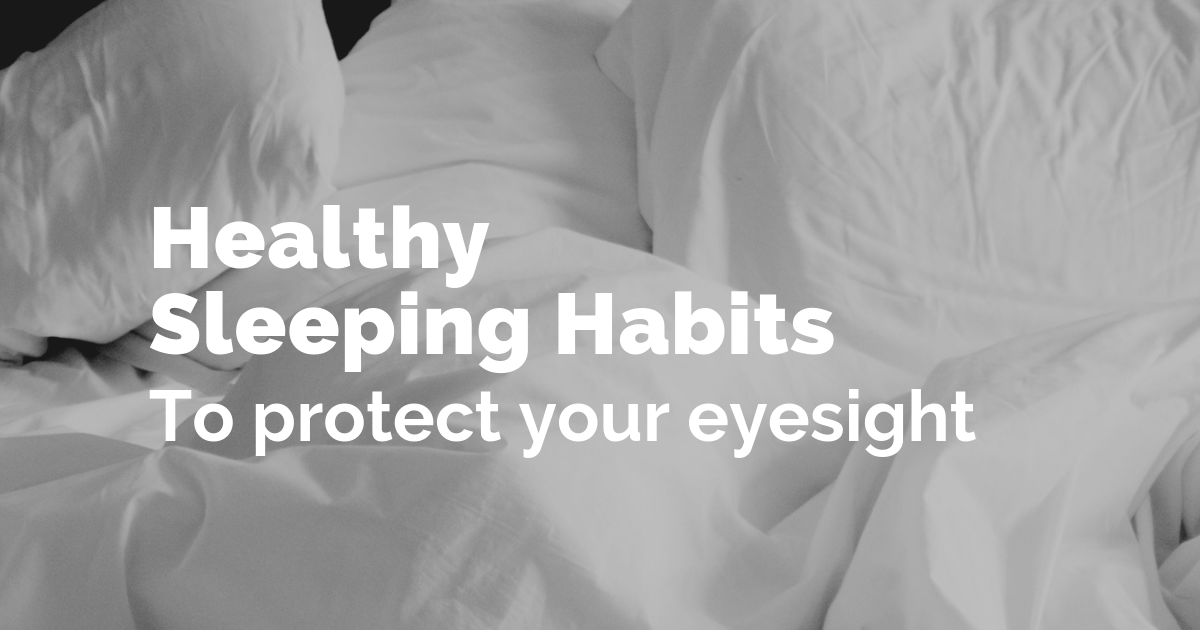
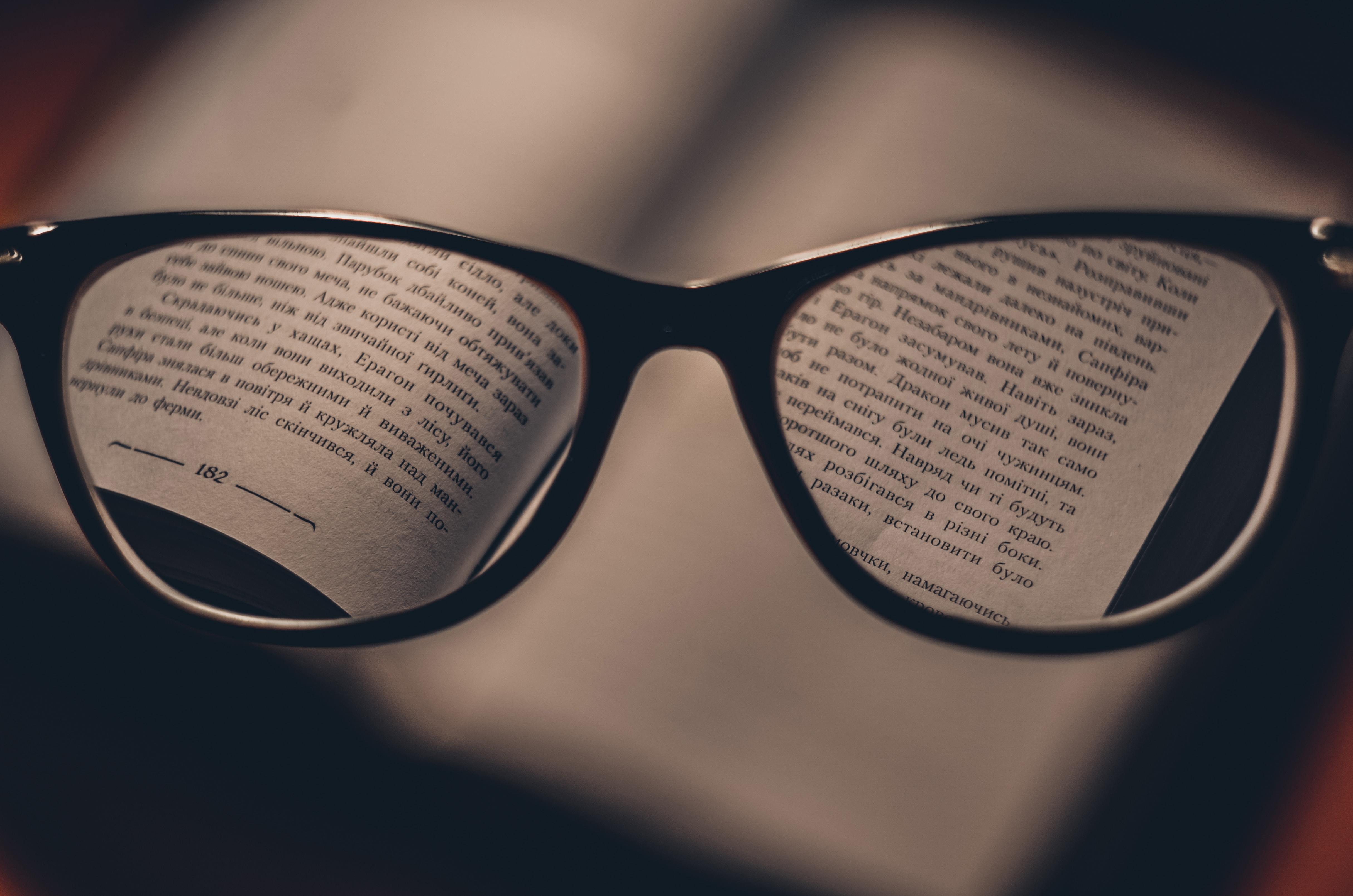 Does Wearing Glasses Make Your Eyesight Worse
Does Wearing Glasses Make Your Eyesight Worse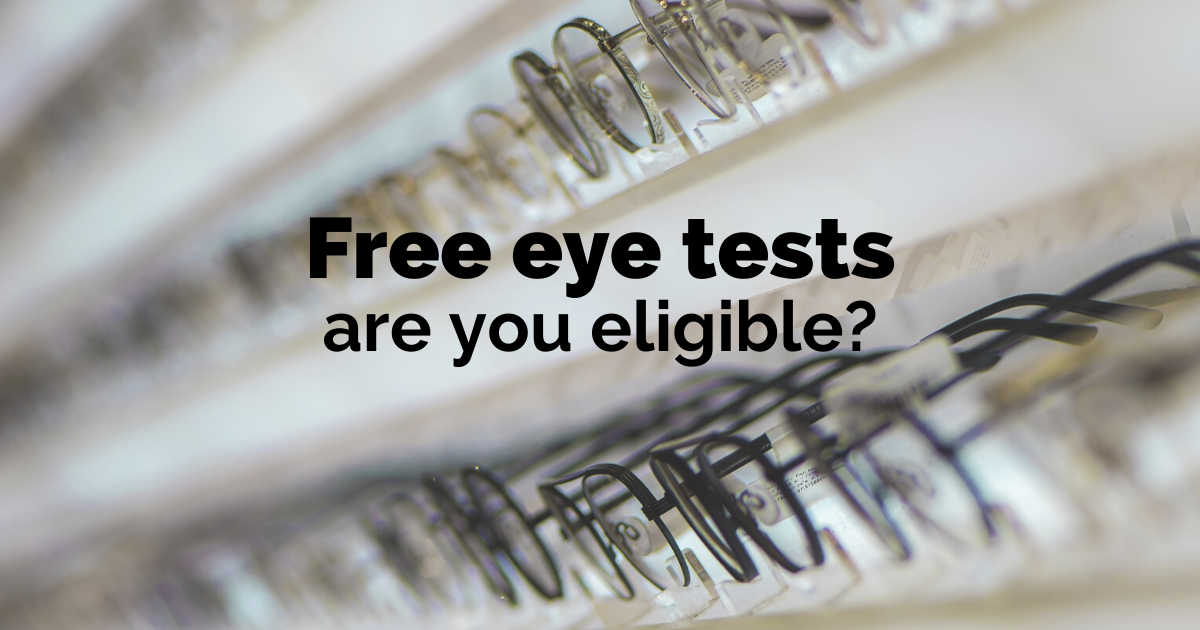 Who is entitled to a free eye test?
Who is entitled to a free eye test?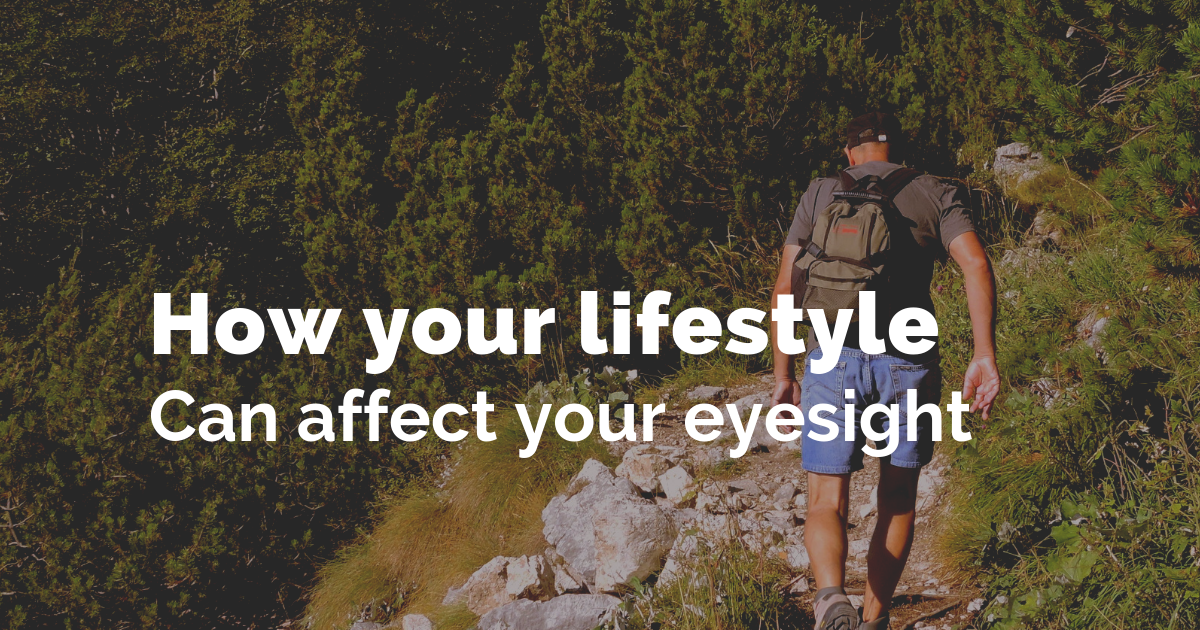 How can your lifestyle affect your eyesight?
How can your lifestyle affect your eyesight?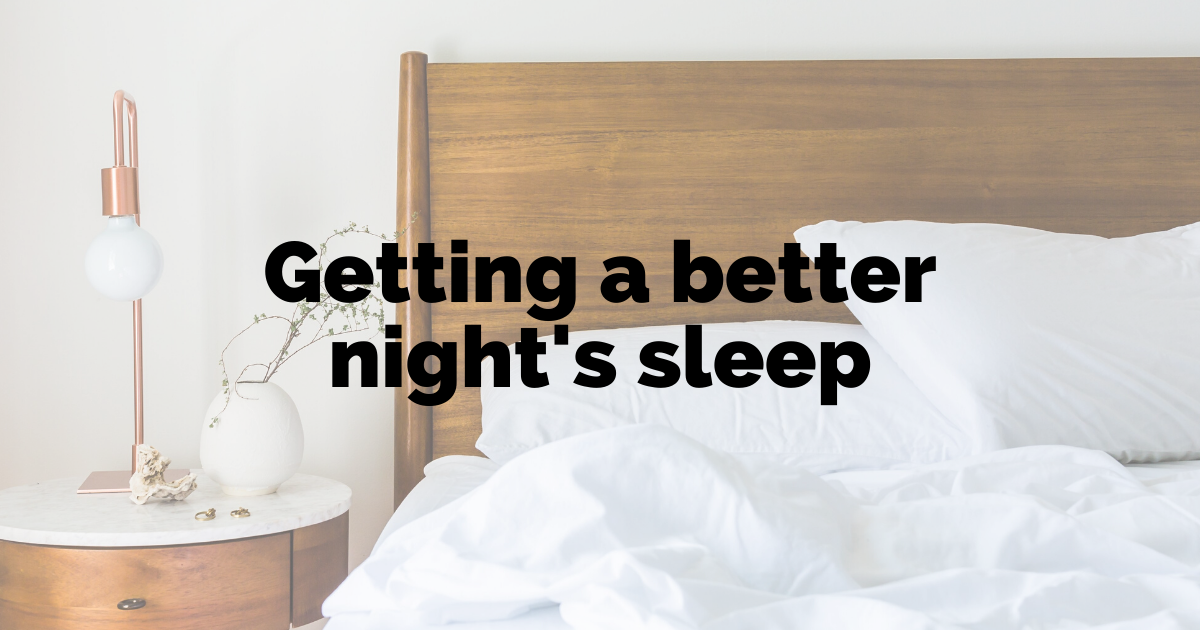 10 tips for a better nights sleep
10 tips for a better nights sleep